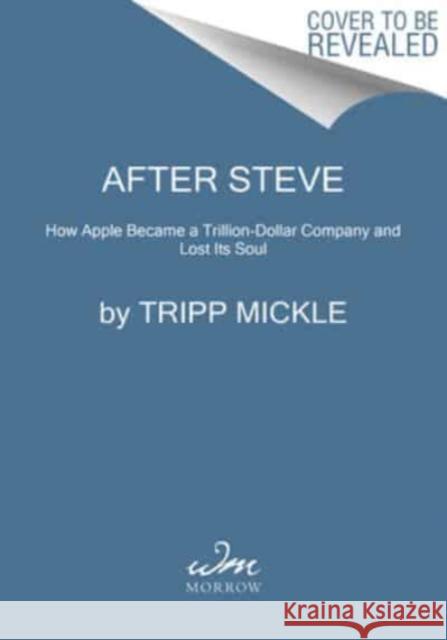After Steve: How Apple Became a Trillion-Dollar Company and Lost Its Soul » książka
topmenu
After Steve: How Apple Became a Trillion-Dollar Company and Lost Its Soul
ISBN-13: 9780063009820 / Angielski / Miękka / 2023 / 400 str.
Kategorie:
Kategorie BISAC:
Wydawca:
HarperCollins
Język:
Angielski
ISBN-13:
9780063009820
Rok wydania:
2023
Ilość stron:
400
Waga:
0.45 kg
Wymiary:
20.32 x 13.49 x 2.36
Oprawa:
Miękka
Wolumenów:
01











